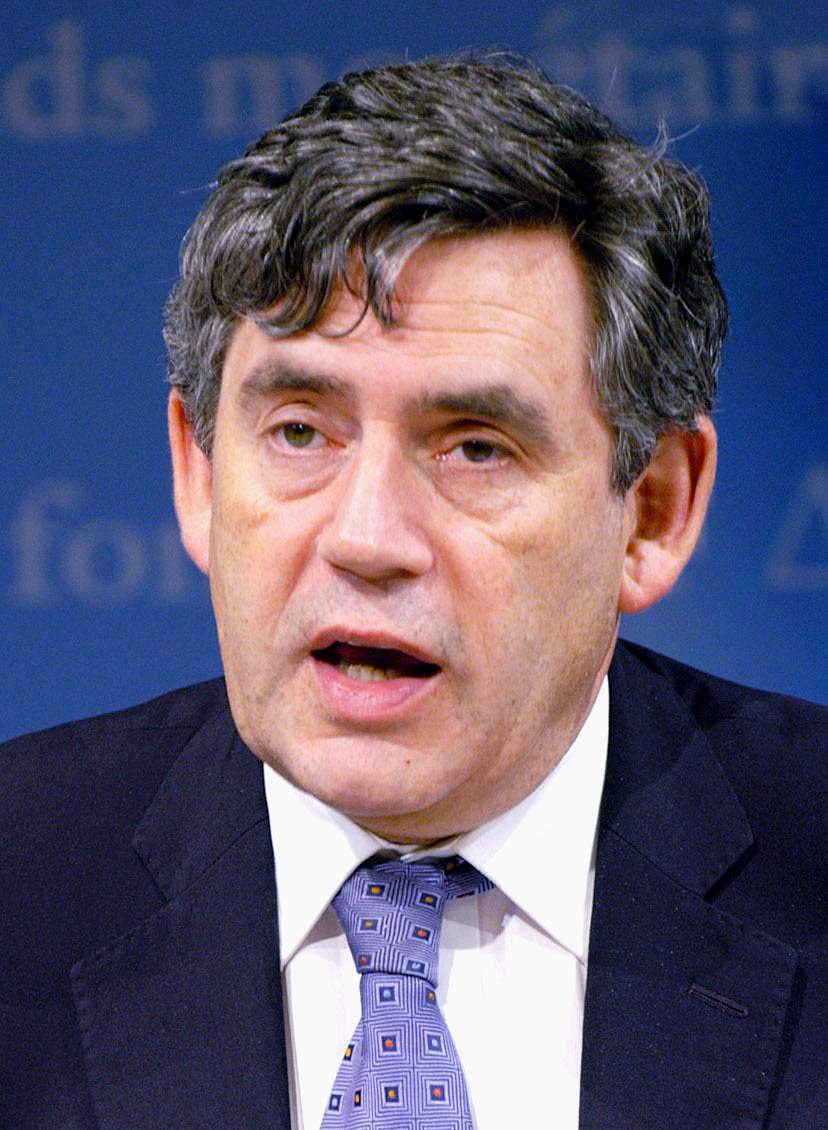
Gordon Brown said he opposes ‘assisted dying’ because the loss of his baby daughter convinced him of the value of improving end-of-life care.
It comes ahead of a landmark vote on proposals to change the law next week, which have split MPs across the political spectrum.
The former prime minister, who lost his newborn, Jennifer, at just 11 days old in 2002, said Britain should “do better at assisted living”.
Reflecting on the final days of her life in an article for The Guardian, Mr Brown expressed sympathy for those who were terminally ill and feared the suffering that lay ahead.
But he said that, in his view, assisted suicide was “not the only option available, nor even a good option when set against the palliative support that could be available in ensuring a good death”.
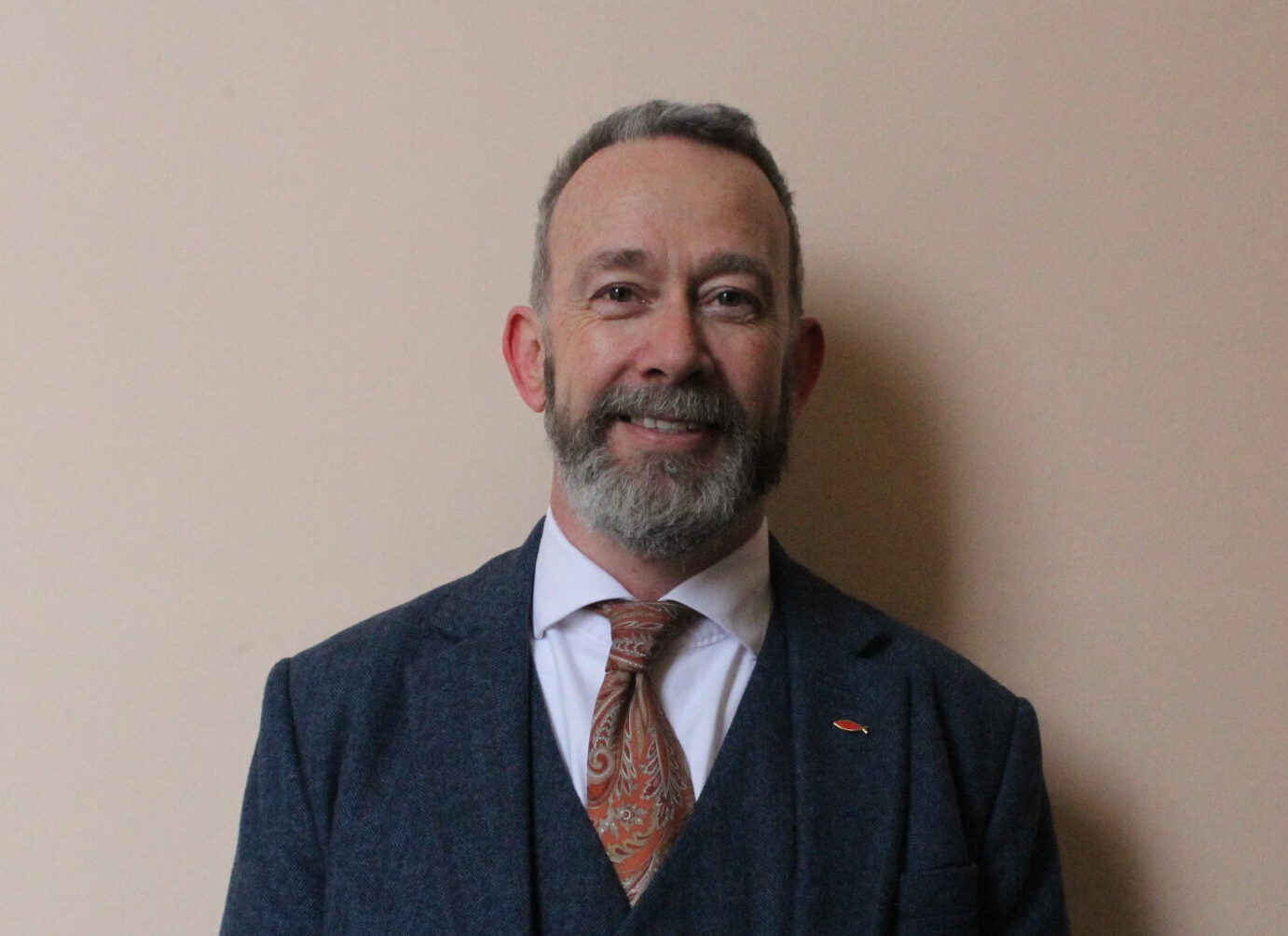
The Labour Party’s proposal to move religious instruction outside of denominational schools’ daily teaching hours has prompted a senior figure in Catholic education to question what they would introduce in its place.
CEO of the Catholic Education Partnership (CEP), Alan Hynes, said “It’s likely that they will go with something like an ethics course of some form or another because when last in government and holding the education portfolio they pushed a separate ethics course that they wished all schools to teach. The thing is, every ethics course comes from a particular world view, so what world view do Labour wish to impart?”
“Labour are now purporting that the pupils attending Catholics schools will, in fact, receive another world view. So there’s kind of a slight-of-hand for parents – you might send your child to a Catholic school but we’re going to teach them something else … Something else that Labour has not defined. So what ethical view do they hold that the public holds in so little regard?”, he said.

A French media company was fined and forced to apologise on air after a journalist referred to abortion as the world’s leading cause of death.
Presenter Aymeric Pourbaix of CNEWS made the statement during a Catholic program called “En quête d’esprit” [“In Search of the Spirit”].
The program showed a graph of causes of death that put abortion on top, with 73 million deaths each year worldwide. That constitutes 52% of annual deaths, far ahead of cancer (10 million) and smoking (6.2 million).
The French media regulatory authority Arcom imposed a fine of 100,000 euros and compelled CNEWS to apologise on the air. Arcom found that the network had failed its “obligation of honesty and rigor in the presentation and processing of information.” It declared that “Abortion cannot be presented as a cause of death.”
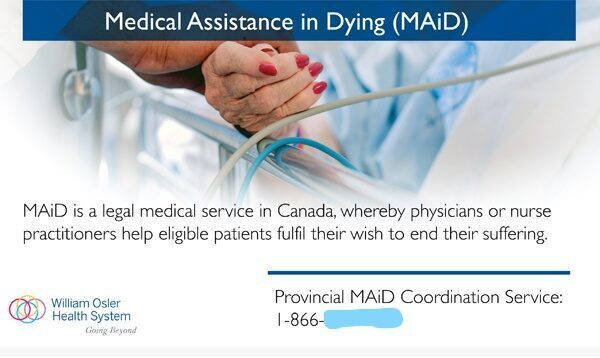
A lack of care and support might leave some vulnerable people feeling they have no choice but to accept euthanasia, according to a recent survey in Canada.
The same survey reveals that health care access can be especially difficult for Canadians with disabilities. Fully 57pc of respondents with severe disabilities say they’ve faced discrimination in healthcare because of their impairments or limitations. Almost half of those with moderate disabilities say the same. These experiences include worse access and quality of care, as well as difficulty finding a primary care doctor, inaccessible treatment or testing locations.
Those living with severe disabilities also report the strongest concerns with those who might opt for medical assistance in dying, or MAiD [Medical Assistance in Dying], due to issues with care, compared to those without disabilities.
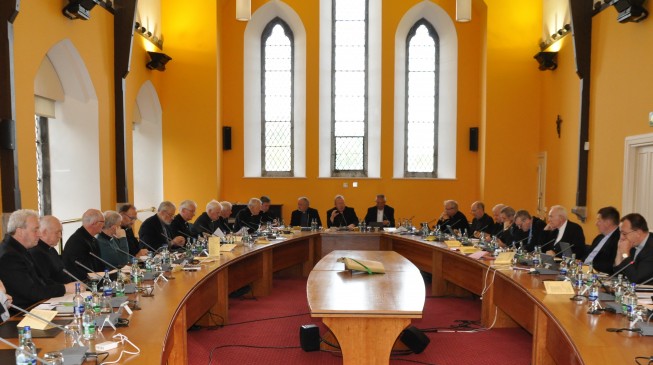
The Irish Catholic Bishops have published a statement for General Election 2024 urging the faithful to be a “people of hope” as they discern how to vote.
The statement which includes questions for candidates has seven key takeaways: All eligible to vote should exercise their right to maximise the common good; Homelessness is unacceptable. The inability to acquire a home affects social cohesion and is a scandal; Politicians should lead by welcoming all immigrants who come with a willingness to contribute to our society to contribute to our society; The deliberate taking of human life undermines civilised society; Political parties must urgently address pollution, climate change and loss of biodiversity; The war in Gaza and the Middle East must stop now; Church-State structured dialogue is not functioning and in need of review

The attitudes of young men towards women are shifting to become more ‘traditionalist’ according to Women’s Aid, an anti-domestic violence charity, on the strength of a new survey.
The study – Evolving Manhood: Attitudes, Influence and Well-being among Irish Men – surveyed 500 men and 500 women.
It asked participants to say whether they agree or disagree with a variety of statements.
Two-in-five of the men surveyed identified themselves as “traditionalist”, and of that cohort, 70% believe that women’s issues are “exaggerated”.
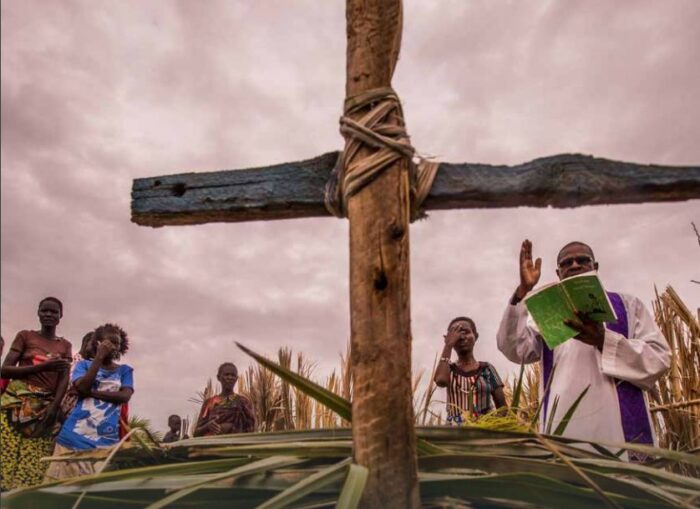
A new report from the papal charity, Aid to the Church in Need (ACN) has detailed a continuing rise in religious persecution of Christians worldwide. The report had its Irish launch yesterday.
The report states that Islamism was responsible for an increase in all six African countries reviewed, indicating that “the epicentre of militant Islamist violence has shifted from the Middle East to Africa”. It goes on to explain: “Mass migration of Christian communities, triggered by militant Islamist attacks, has destabilised and disenfranchised them, raising questions about the long-term survival of the Church in key regions.”
Countries where persecution has increased include world powers such as China and India, as well as Nigeria, Africa’s most populous nation.
For the first time, Nicaragua is featured in response to extreme oppressive measures, notably the mass detention and expulsion of clergy.
Recurring themes in the report include the displacement of Christian communities following attacks by extremist groups and the forced marriage and conversion of Christian women and girls.
Other highlights from the report include an upsurge in violent attacks on Christians in Pakistan triggered by blasphemy allegations and the detention of more than 850 people under anti-conversion laws in India.
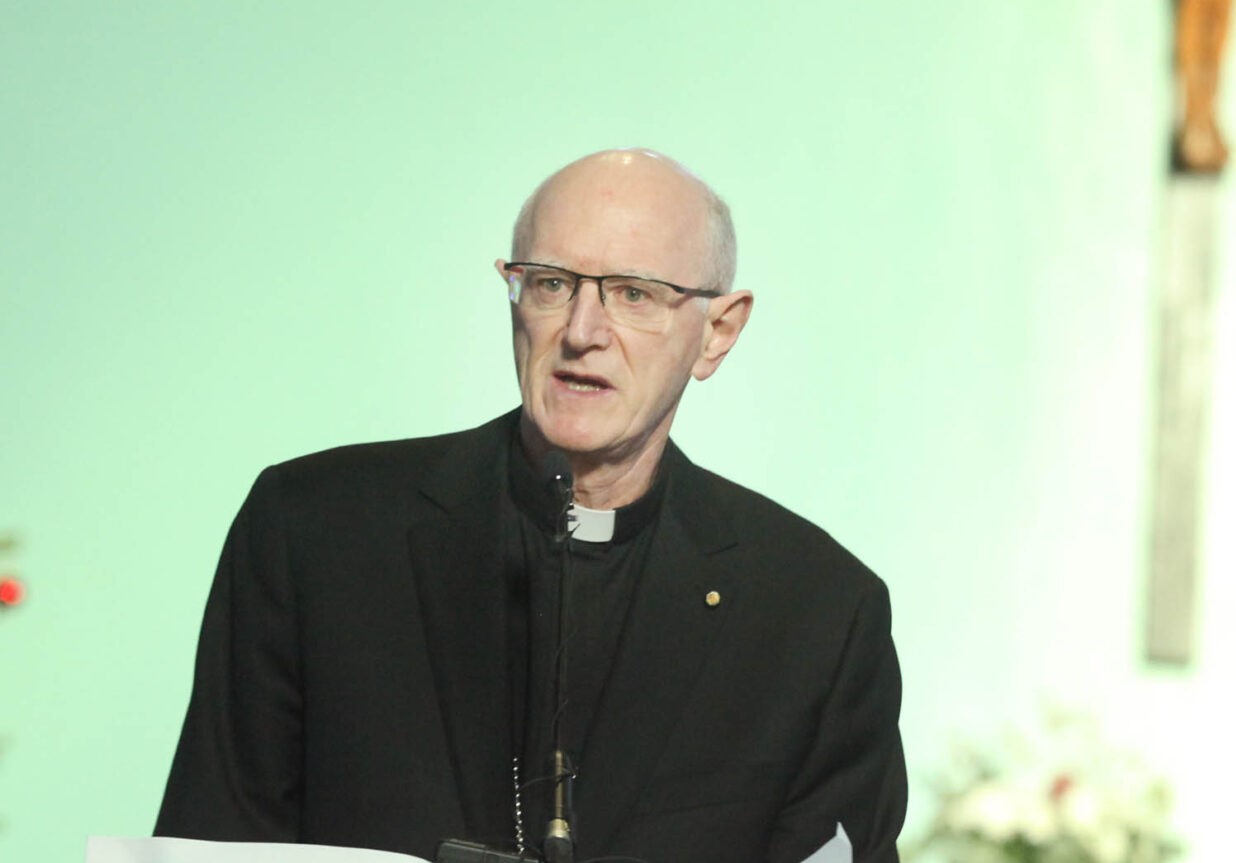
The Archbishop of Dublin has offered a strong defence of the democratic process and urged all people to vote.
In a statement issued yesterday, Archbishop Dermot Farrell said voting matters “because it is how we hold our leaders to account and mandate what we believe to be important”.
“Voting also matters because all politicians are not the same: individual politicians, and political parties, differ in their values and beliefs, their ideas and priorities, their capabilities and judgement”.
While noting that Christians may differ legitimately in their political views and there is no obligation on Christians to support any particular party, nonetheless “there is a duty on every Christian to support the common good to the best of our ability”.
He added: “To vote is an exercise in hope, and hope is a mark of authentic Christian faith—the great gift of the Holy Spirit”.
He concluded: “Let us pray too that our society will vote into office leaders who will govern the people with integrity and wisdom and serve the common good with dedication and commitment”.
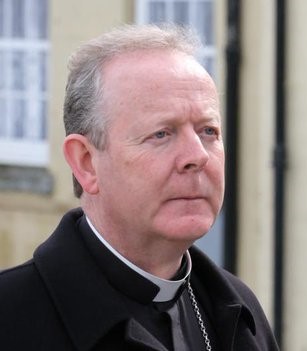
Archbishop Eamon Martin has called on Irish Catholics to stand in solidarity with Christians persecuted for their faith around the world ahead of ‘Red Wednesday’, which took place yesterday.
The Archbishop’s message comes as churches, cathedrals, and monuments across Ireland are illuminated in red as part of a week-long, ‘Week of Witness,’ organised by the papal charity Aid to the Church in Need (ACN).
Red is the traditional colour of martyrdom, symbolising the blood of Christian martyrs who have died for their faith. The illumination of landmarks like Saint Patrick’s Cathedral in Armagh and the Basilica at the International Eucharistic and Marian Shrine in Knock, Co Mayo, will be part of the global campaign to raise awareness of the growing persecution faced by Christians in various parts of the world.
In his statement, Archbishop Martin emphasised the staggering global statistics on Christian persecution, citing Pope Francis’ recent reminder that one in seven Christians globally faces violence or discrimination due to their faith.

A bill championed by two opposition MPs to ensure babies who survive abortions receive appropriate medical care might be scuppered by a Green party Senator.
If a baby is born alive after an abortion, it is left to die without medical care. This also happens in Ireland.
Dr Joanna Howe, Professor of Law, Rhodes Scholar, has condemned the practice saying not even animals are treated that way. The Australian dairy industry used to routinely engage in the premature induction of calves, but for calves considered unlikely to survive, it was considered inhumane to leave them to die, so they were instead killed by blunt force trauma to the skull. Since 2015, the industry agreed to phase out the practice entirely, except for limited therapeutic reasons.
The Human Rights (Children Born Alive Protection) Bill, a private members bill of Senators Matt Canavan (National Party) and Alex Antic (Liberal Party) would change that grisly practice for human babies.
Greens Senator Larissa Waters however plans to move a procedural motion on 26 November to have the Canavan-Antic bill discharged from the Senate notice paper.
She claims this bill represents “a thinly veiled attack on women’s rights,” framing it as an issue of controlling women rather than protecting vulnerable lives.